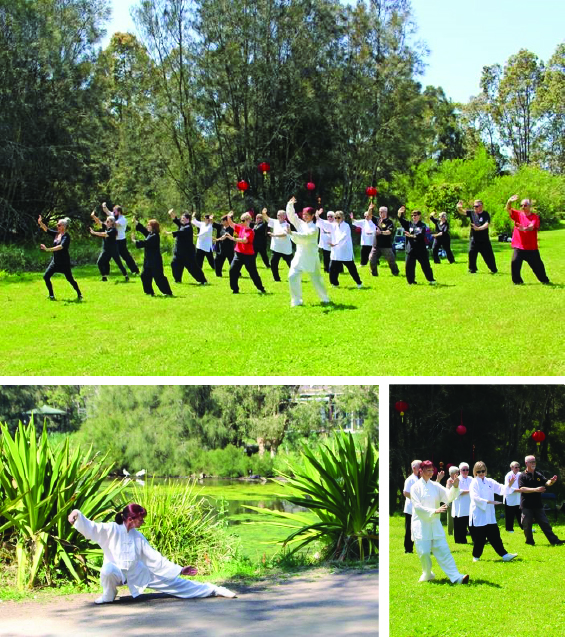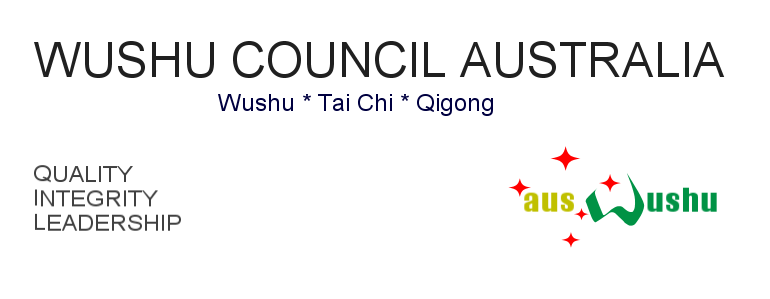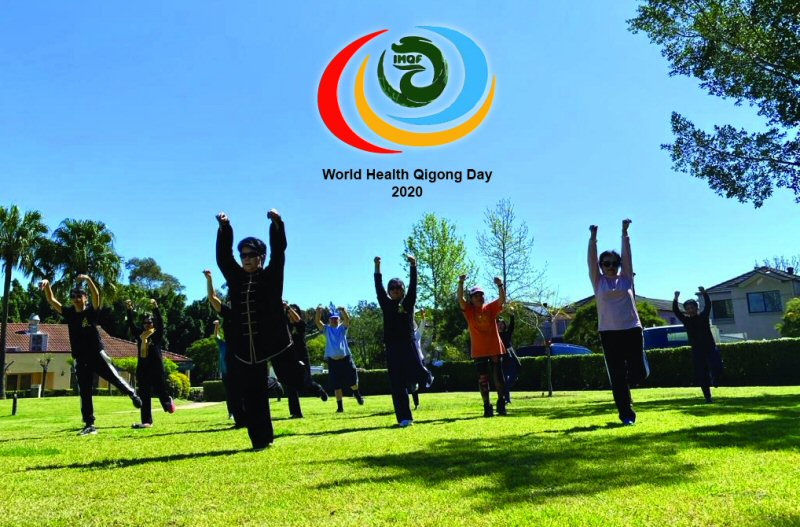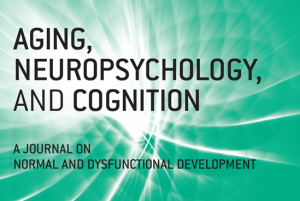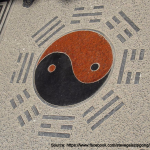 by Steven Geisz
by Steven Geisz
Sport, Ethics and Philosophy
(April 2020)
Abstract
Qigong practices are contemplative body practices and meditation techniques that emerge from Chinese philosophical, medical, and martial traditions. This paper argues that Qigong is a kind of embodied philosophical activity that is analogous to the ‘slow philosophy’ called for by Michelle Boulous Walker. Four features of Walker’s slow philosophy are highlighted: (i) careful slowness, (ii) repetition, (iii) openness to the transformation of one’s propositional attitudes and one’s virtues, and (iv) a blurring of boundaries between philosophy and non-philosophy. A particular Qigong practice is then examined as a case study: Hunyuan Qigong (Hùnyuán Qìgōng 混元氣功), a Qigong form taught by the Chen-style Taijiquan master Feng Zhiqiang 馮志強 (1928–2012) that involves the practitioner moving her body through multiple series of broadly circular movements. It is argued that Qigong practices are examples of philosophical activity analogous to slow philosophical reading, that slow philosophical reading and Qigong practice can be mutually illuminating and can help us better understand what doing philosophy is, and that Qigong can transform us both by changing our philosophically significant propositional attitudes and by providing means of cultivating virtues related to attention.
About the author:
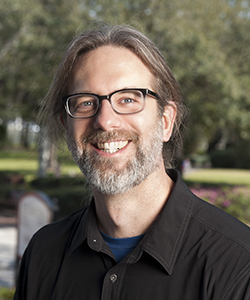
Steven Geisz (the University of Tampa, Florida, USA) is currently doing research focused on the ways that body techniques and contemplative practices such as yoga, qigong, the martial arts and meditation are embodiments of philosophical ideas and methods of engaging in philosophical activity. His research and teaching interests include classical Chinese philosophy, the philosophy of mind and language, and political philosophy (particularly questions about democracy).
Steve Geisz is a 500-hour registered yoga teacher (RYT 500). He completed his 200-hour yoga teacher training at the Kripalu Center for Yoga and Health in Stockbridge, MA, and his 300-hour advanced yoga teacher training at the Lotus Pond Center for Yoga and Health in Tampa.
Geisz also teaches Qigong (i.e., Chinese yoga and meditation) and practices several forms of Taijiquan. He is a graduate of the multi-year Qigong teacher training program of Ken Cohen and a certified full instructor in the Universal Tao/Healing Tao Qigong system of Mantak Chia.
